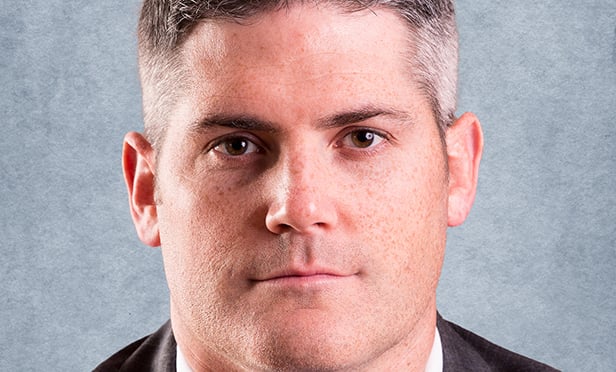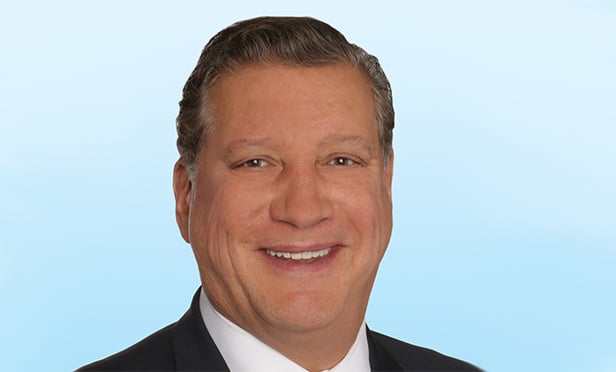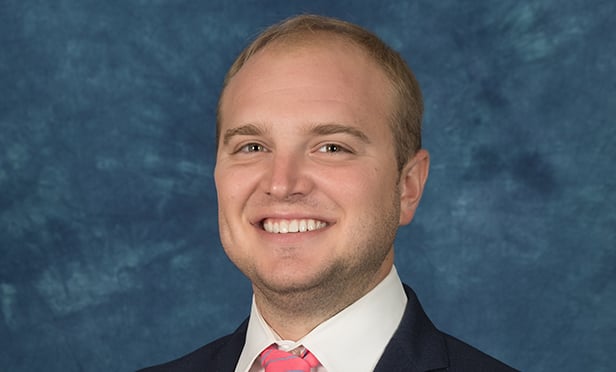JUPITER, FL-These days, well-known healthcare real estate (HRE) developer Rendina Cos. has a strong pipeline in the works.
However, this wasn't the case after the company's founder, Bruce A. Rendina, died following a battle with brain cancer in 2006. After his death, the company's leadership shifted to his son, Richard M. Rendina, 26 at the time.
During his seven years at the helm, the young chairman and CEO has had to withstand his own battle with cancer, non-Hodgkins lymphoma, as well as overcome doubts about whether the firm would remain a viable developer in the healthcare real estate sector.
In parts I and II of our interview with Rendina, he talked about the company's pipeline and its turnaround. In this segment, Rendina shares some insight into the company's strategy and his thoughts about trends in the HCRE sector.
HREI: You've ramped up your development pipeline. What else is going on with Rendina Cos.?
Richard M. Rendina: We launched VERSA Property Management in June 2010 and have been very focused on building the foundation of that company. The number-one goal for both Rendina and VERSA is portfolio growth via development, acquisition and our long-term hold strategy. We're well-capitalized and the focus is on smart growth. Development is our bread and butter, but we're looking to be very active on the acquisition side because we feel it's a service we can provide to our hospital clients.
HREI: Is it difficult to compete with the REITs?
RMR: It's tough to compete on market transactions. The cap rates that some of these portfolios are trading at are a little surprising … a sign of the times. It's a great asset class and you really can't fault the price when you consider what some of these groups are able to borrow money at today. So really the focus for us is building long-term relationships by using our own capital to acquire off-market, value-add medical office buildings. We're very fortunate that my father left us … very well capitalized and (we) don't have to rely on any type of external equity.
HREI: What are some trends you're tracking in the sector?
RMR: Outpatient, off-campus. It is obviously a trend that we're well aware of and I feel like we have a template that we can take to a client … to let them know what type of uses will typically go in off-campus, outpatient centers, and what type of physician alignment needs to take place... The days of those 500-bed behemoth hospitals, unless of course it's a replacement hospital, (are basically gone). There are not a whole lot of new hospitals projects being planned. It's more about planting your flag in a competitor's backyard or extending your service area by doing an off-campus outpatient facility.
HREI: Do you think we will see more hospital-driven sales of MOBs in the future?
RMR: Since the recession … the attitude or assumption was that hospital systems were going to be liquidating their non-core assets to gain access to cash and shore up the balance sheet… (But) it never really took off. Now the focus for the C-suite executives is around physician alignment and physician integration, and (for some) being very active on the hospital acquisition and merger front.
Murray W. wolf is the Founder and Publisher of Healthcare Real Estate Insights™, the nation's first and only publication totally dedicated to covering news and trends in healthcare real estate development, financing and investment. For more information, please visit www.HREInsights.com.
© Touchpoint Markets, All Rights Reserved. Request academic re-use from www.copyright.com. All other uses, submit a request to [email protected]. For more inforrmation visit Asset & Logo Licensing.






